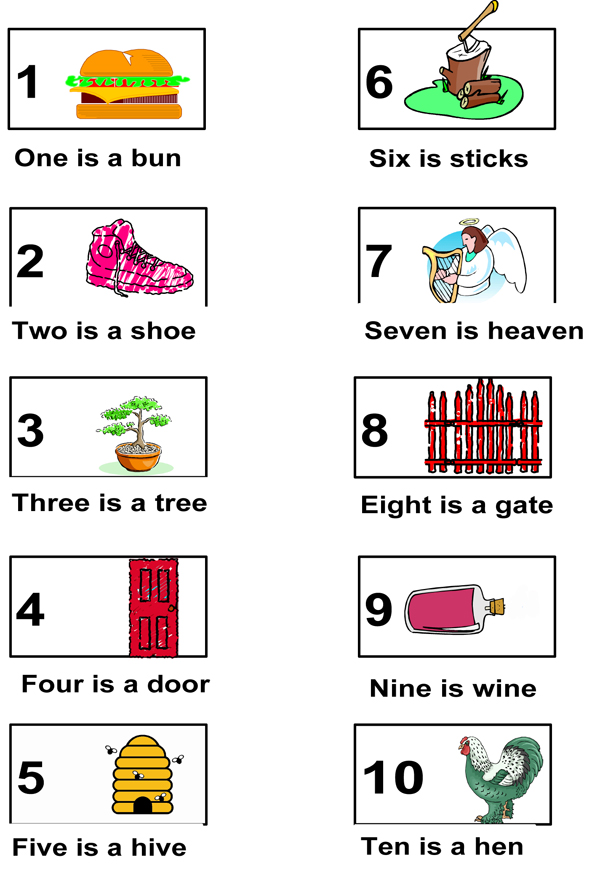Are you right-brained or left-brained?
One of the dumber questions around.
I think it’s safe to say that if you only had one hemisphere of your brain, you wouldn’t be functioning.
Of course, that’s not the point. But the real point is little more sensible. The whole idea of right brain vs left brain did come out of scientific research, but as is so often the case, the myth that developed is light years away from the considerably duller scientific truths that spawned it.

